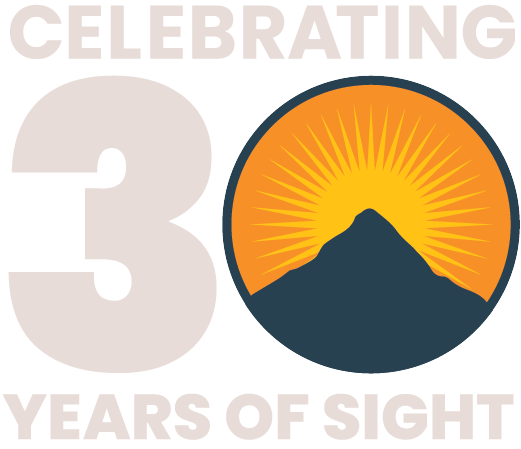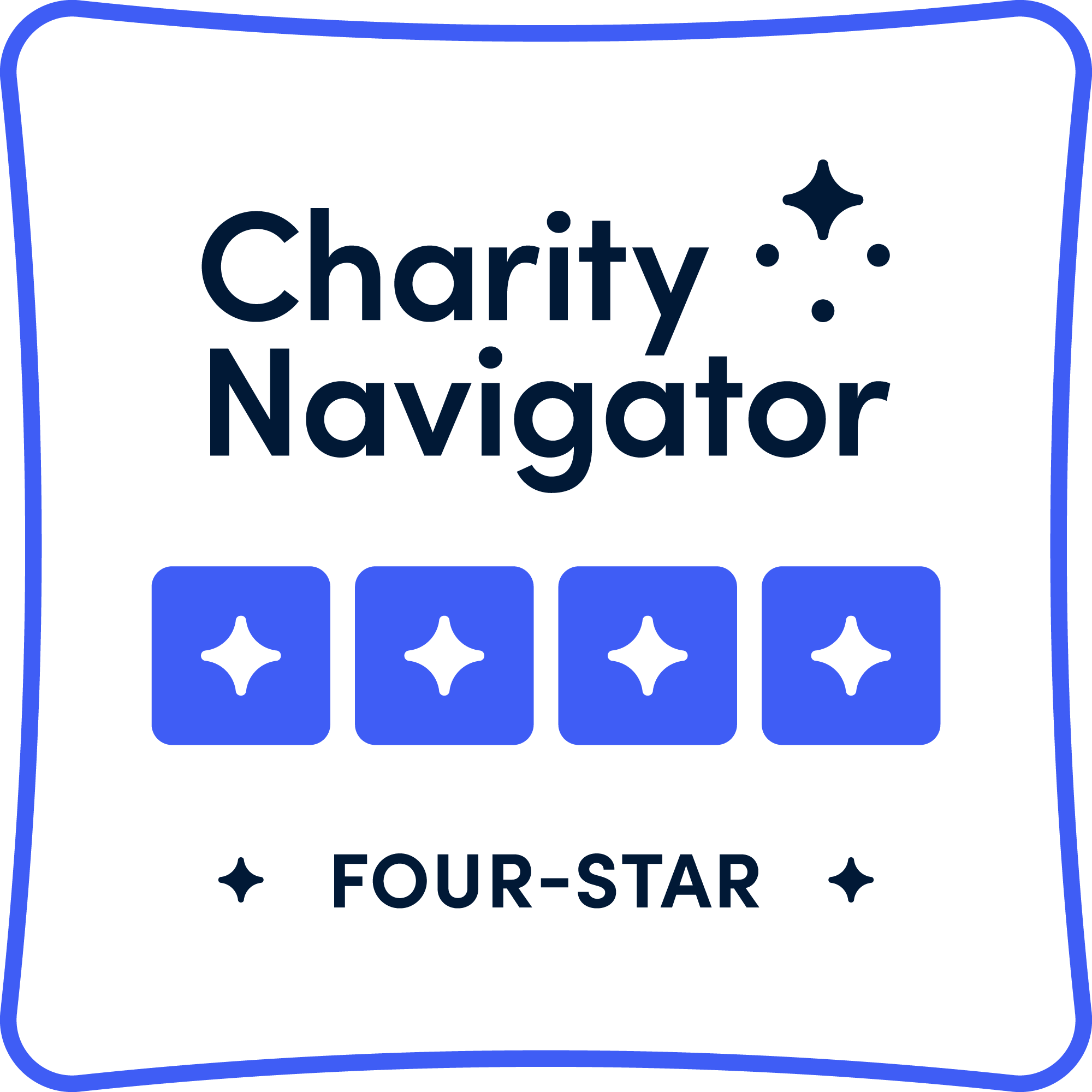While Cure Blindness Project has worked in Myanmar in the past (notably to strengthen ophthalmic care through training, direct service, and infrastructure support, including equipping Yangon Eye Hospital (YEH) with advanced technology), this week’s outreach is a new initiative focused on expanding care to those who are lacking access due to the war.
“The generosity I witnessed was astonishing,” says K-T Overbey, CEO of Cure Blindness Project, of the outreach hosts, Buddhist monks in Taungoo. Overbey traveled to Myanmar with Cure Blindness Project board chair Dr. Matt Oliva to meet with partners to explore future opportunities for collaboration.
This outreach felt different than others Overbey has attended, she says. Buddhist monks played a pivotal role, providing transportation for patients from remote areas and opening their compounds as sanctuaries, offering food, shelter, and care for as long as was needed. “Their compassion and empathy were truly beautiful to behold,” Overbey adds.
These monastic networks have become vital for populations touched by the country’s recent upheavals. They offer a safe space to receive quality eye care as well as a haven in which to heal.
Each patient received comprehensive eye care, including surgeries primarily for cataracts, followed by post-operative drops, instructions, and protective sunglasses.
Dr. Bidya Pant, a Myanmar-based eye care champion responsible for nearly half of the country’s cataract surgeries in the past year, worked alongside Dr. Matt Oliva. Considered one of the most accomplished ophthalmologists in South Asia, Pant has performed over 130,000 eye surgeries throughout his career and holds the record for performing 312 surgeries in a single day.
“We’re proud to partner with him (Pant) in such a challenging environment,” Overbey notes.
Against this backdrop of political turmoil, this outreach underscores the power of collaboration and compassion, proving that even in the darkest times, light—and sight—can be restored.








